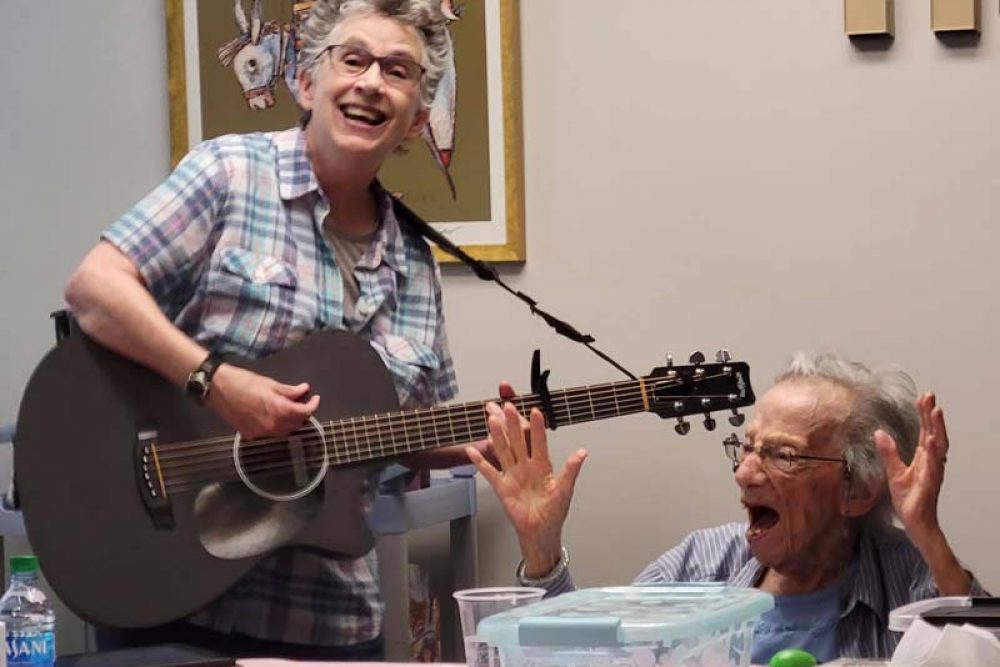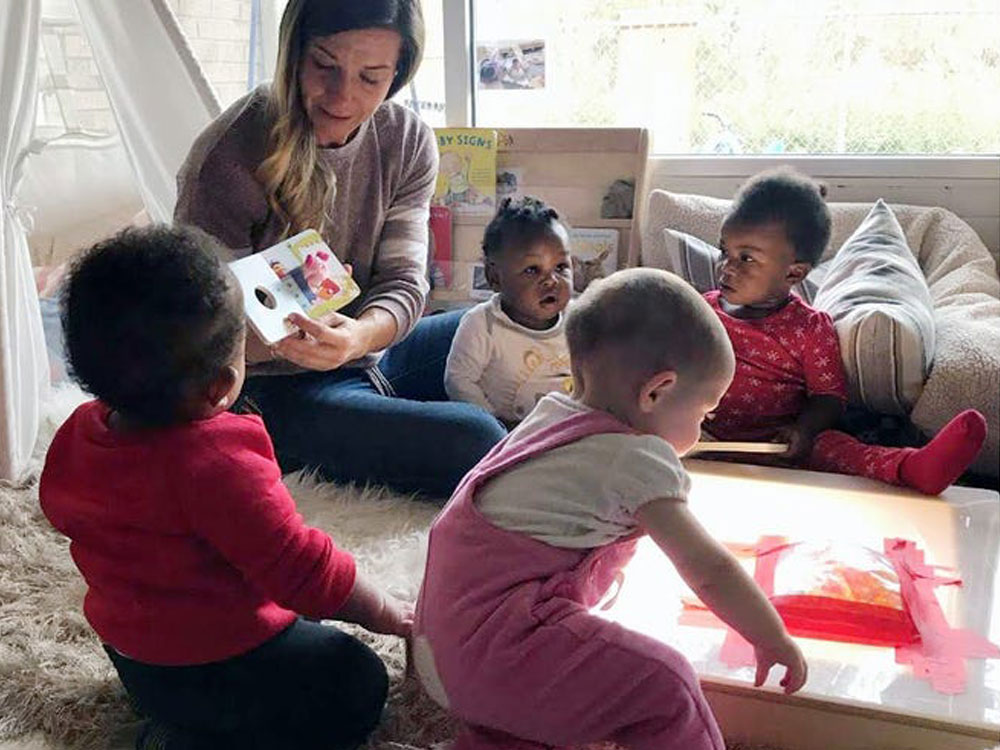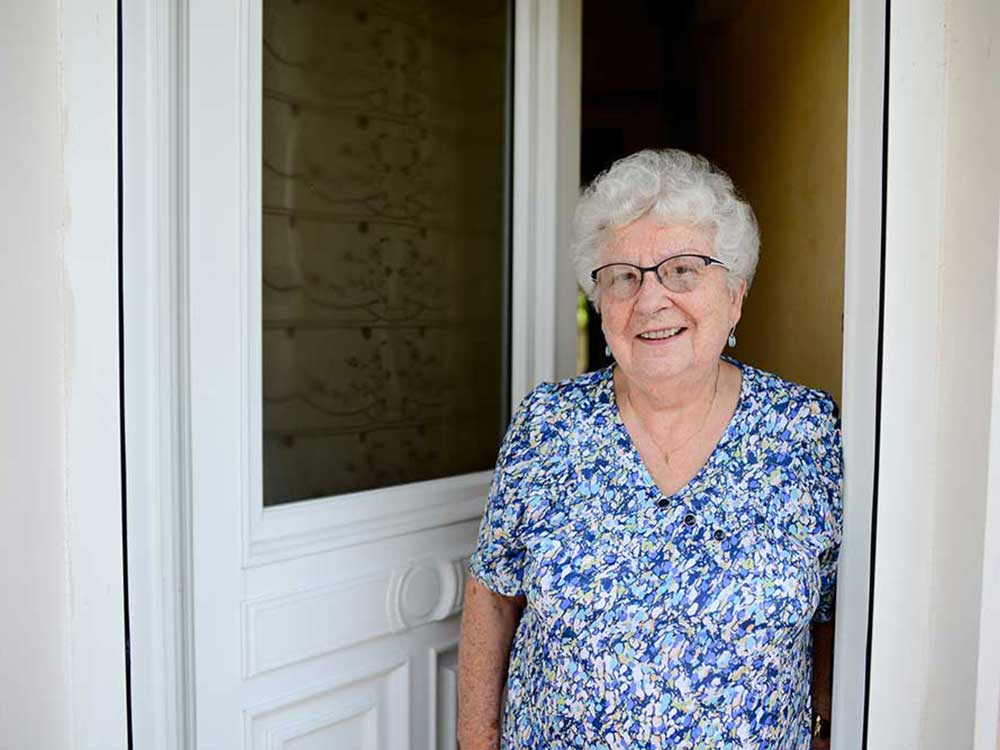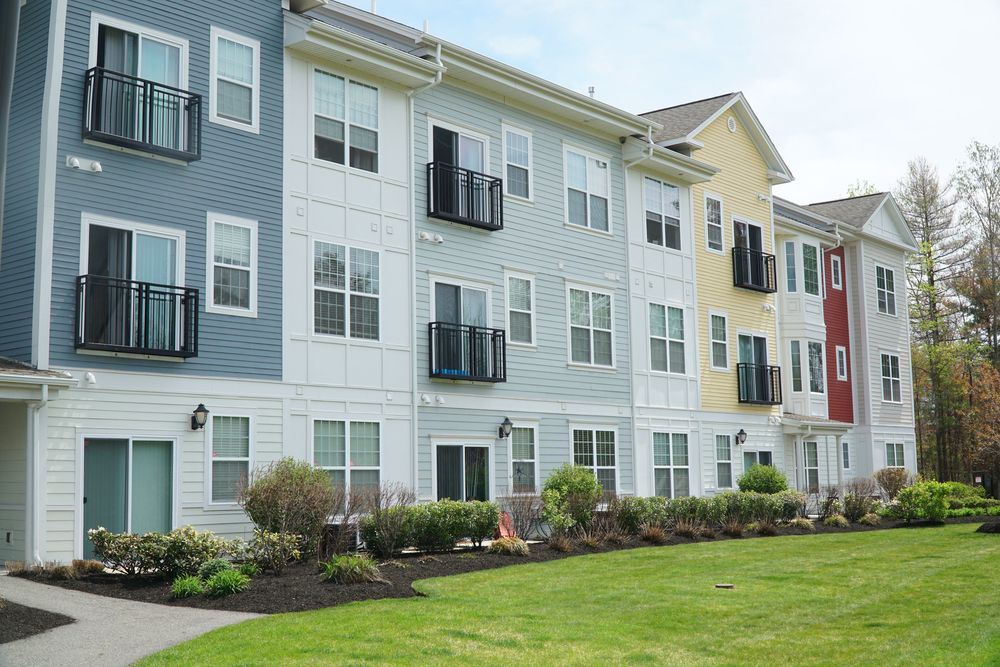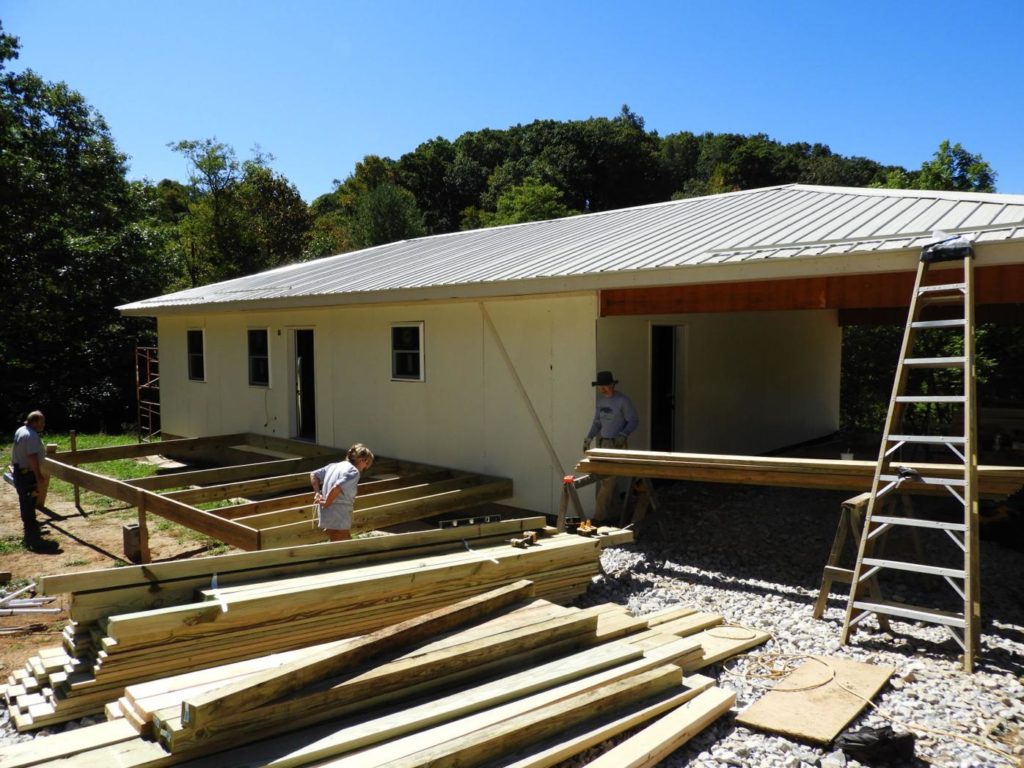Jewish Family Services of Western North Carolina (JFS) grew from area residents realizing the need for services for older adults in the community and taking action on that realization. Today the organization offers four primary services – The Elder Club Group Respite Program, Healing Solutions Counseling, free case management and spiritual healing. JFS welcomes and provides social services for individuals of all faiths, ethnicities, genders, ages and identities.
The Elder Club meets four days per week to provide socialization and support in a group setting through peer-to-peer communication and peer-level understanding of common memories and life experiences. The program currently serves about 20 members. In addition to serving elders, the club also serves caregivers, allowing them respite hours to take care of business and errands and to recharge their batteries to continue providing care.
As they serve a COVID-19 high-risk group, Jewish Family Services has had to adjust the way they provide care to their elder members. They have managed to do that and to provide care safely throughout the pandemic. Meals aren’t as leisurely as they used to be, members are spread out and masks are worn. Volunteers from the community lend their talents to keep the club’s programming engaging. Programming includes musicians playing guitar, violin, flute and piano, as well as virtual museum tours, specialty talks and more.
JFS is currently serving an average of 130 mental health clients per month through their mental health counseling program, Healing Solutions Counseling. Services are provided to individuals and couples by licensed therapists. HSC endeavors to support all individuals who need counseling, and for individuals without insurance, or with high copays, HSC offers sliding scale fees. As a result of COVID-19, telehealth counseling has normalized, and demand has grown. Telehealth provides a lower barrier to entry by removing issues of transportation, affordability, health, childcare and stigma.
Case management helps with a wide range of needs including information and referral for challenges related to mental health, finances, housing, food, transportation and issues of aging. As part of JFS’ free case management program, they partner with MANNA FoodBank to stock a food pantry which they augment with grocery gift cards for families in need.
Their spiritual healing and care program is available to anyone in need of general spiritual care, be that having a loved one in hospice, an ailing family member or just needing personal uplifting.
Dogwood has supported JFS by enabling the organization to move from paper-based record keeping to electronic record keeping. “Dogwood supported the move to an electronic health record for us, which was critical for the enhanced support of our clients and for the growth of our organization,” says Executive Director Cindy Smith. “Dogwood’s support has helped us to move into the next iteration of our organization.” The organization also partnered with Dogwood during COVID-19 to be able to continue to provide services to clients. Dogwood is also helping JFS to assess the strength of their brand as a result of the COVID-related pivoting, to support clients with food insecurity and to launch an aging in place community study.

